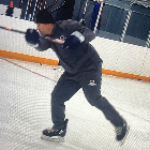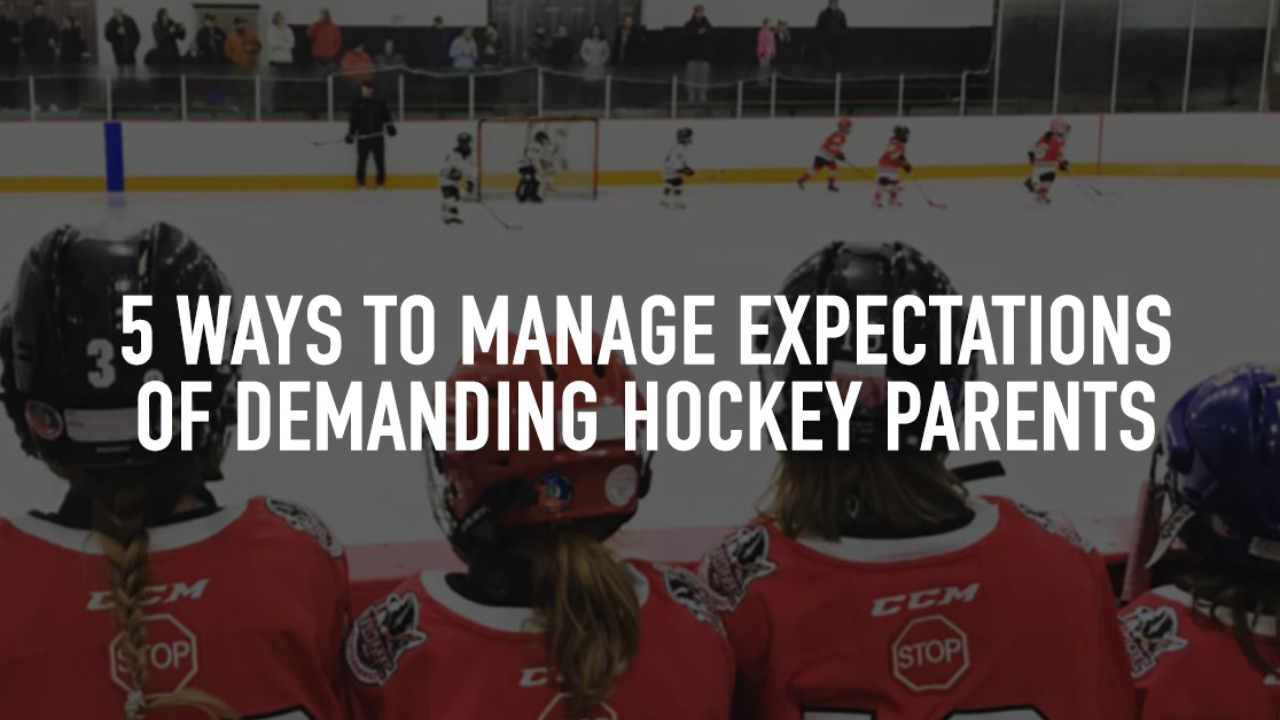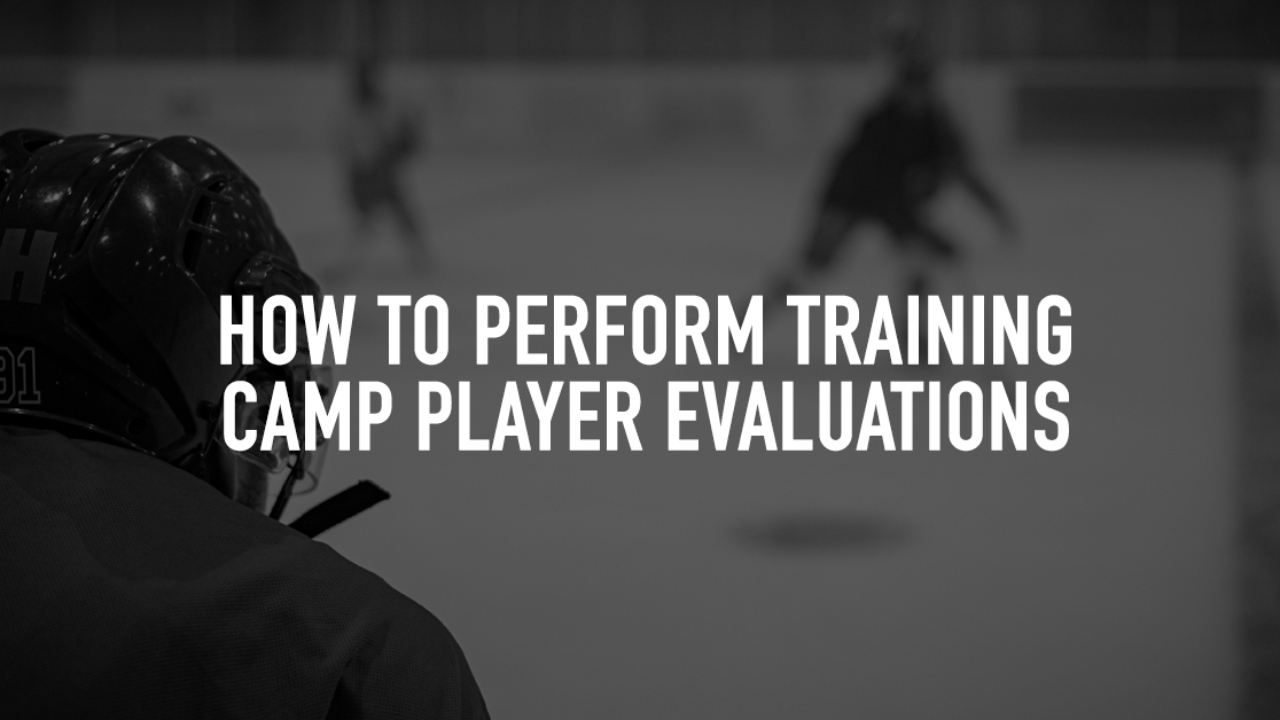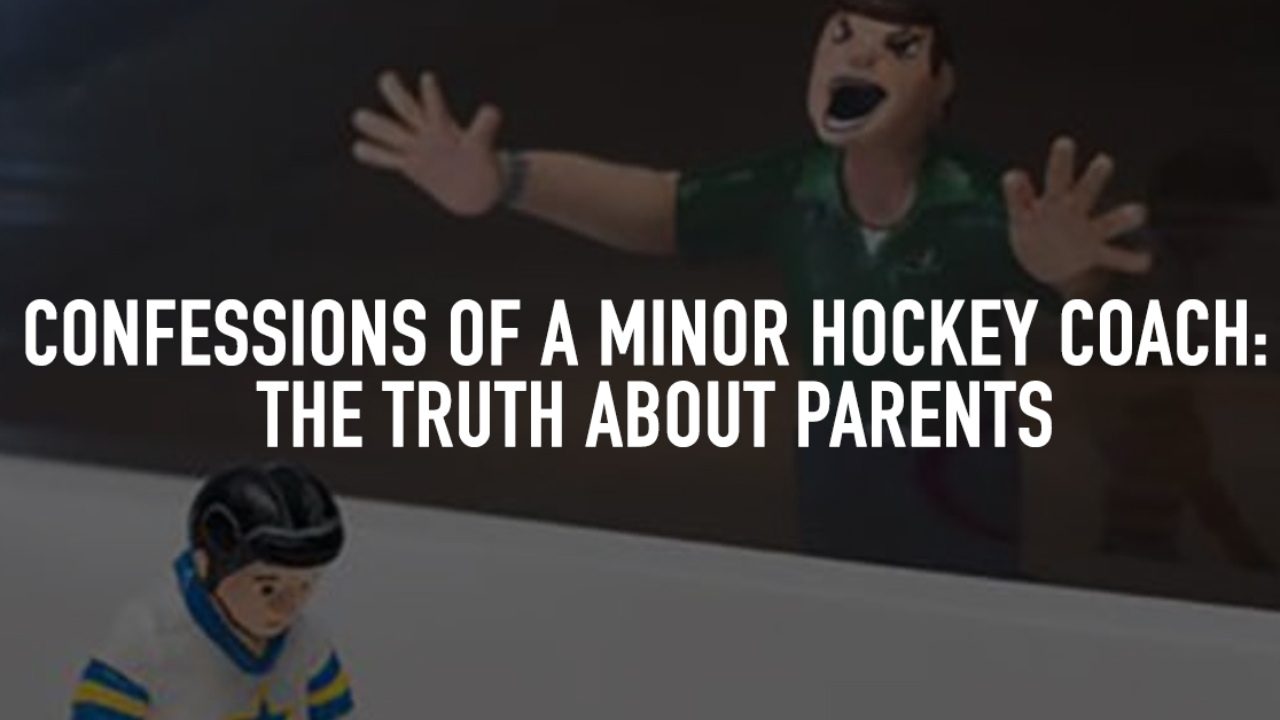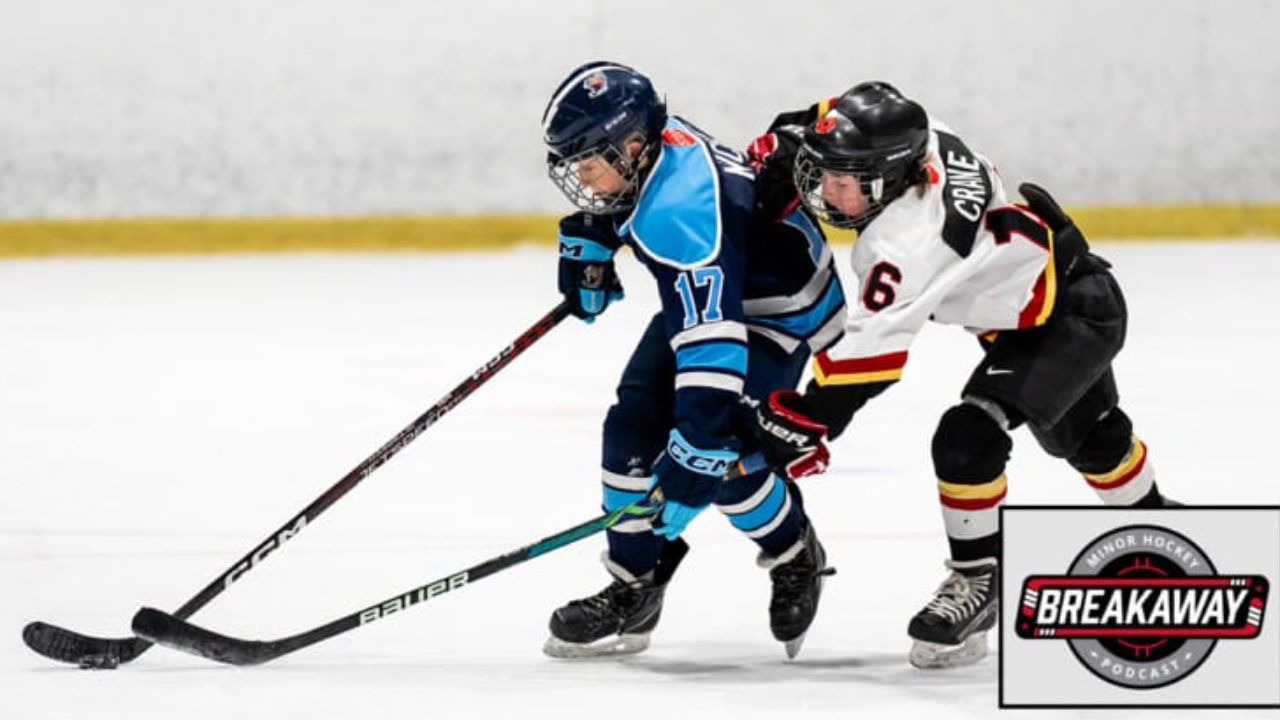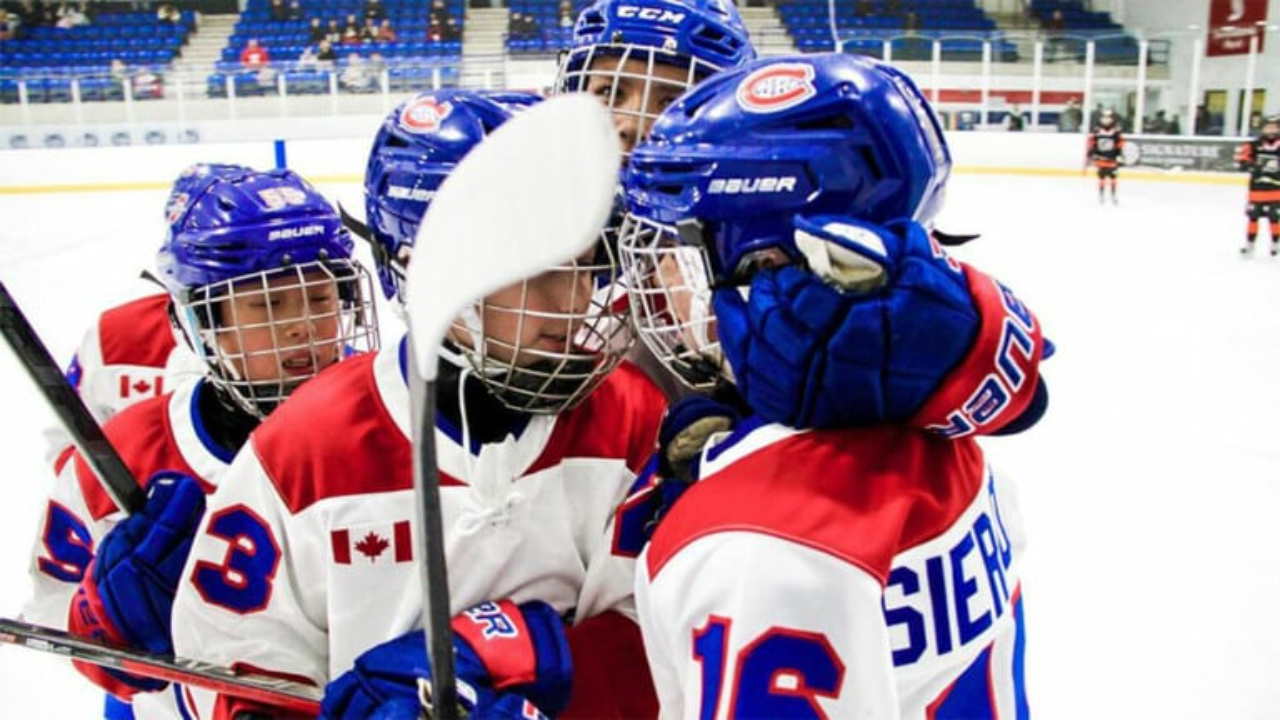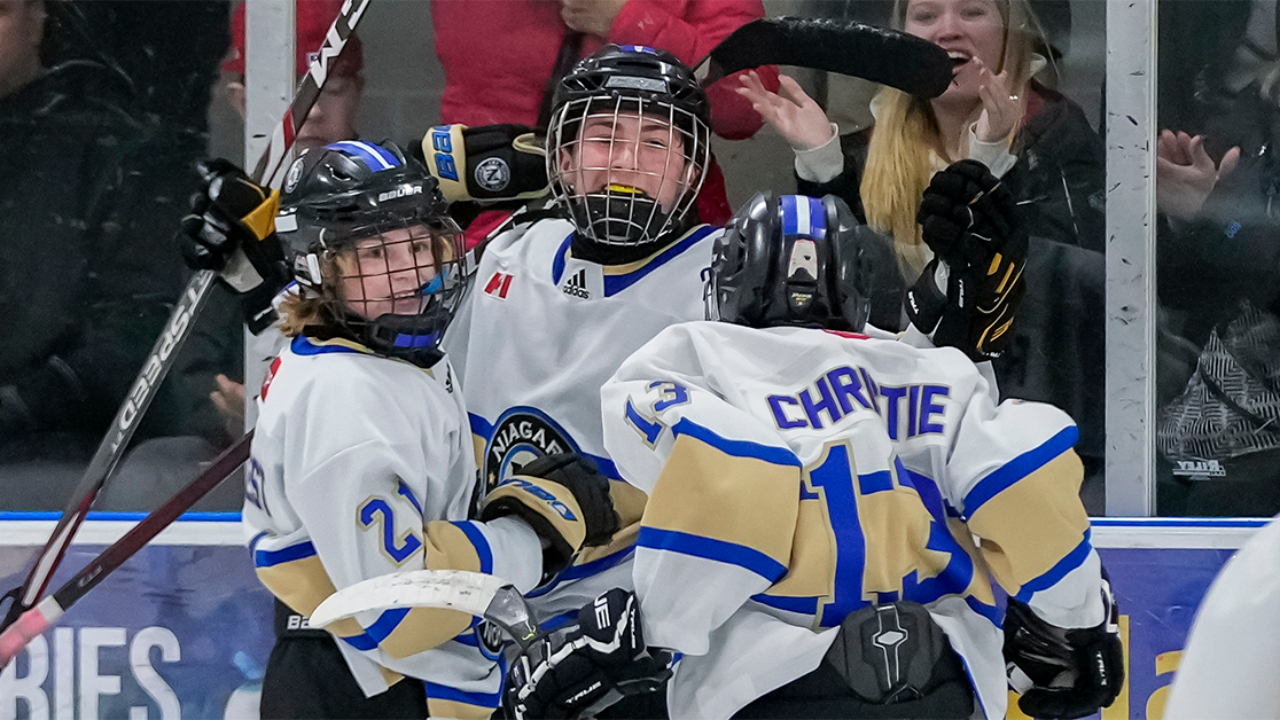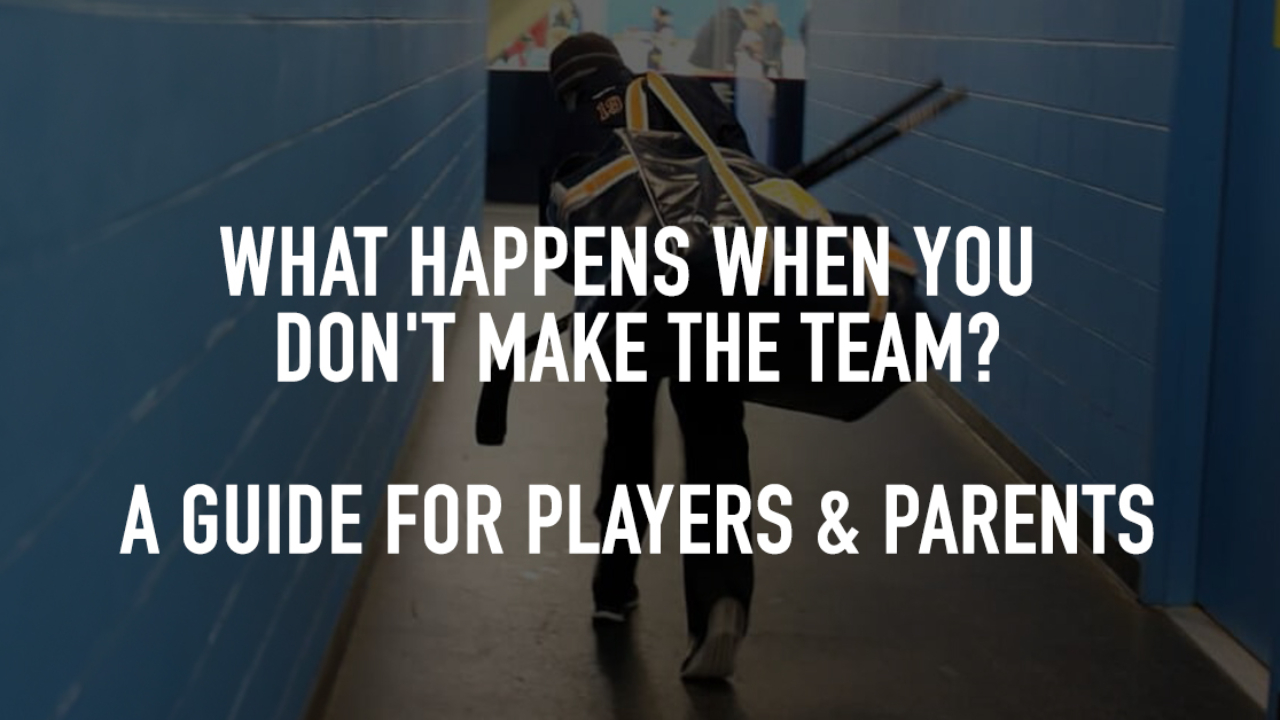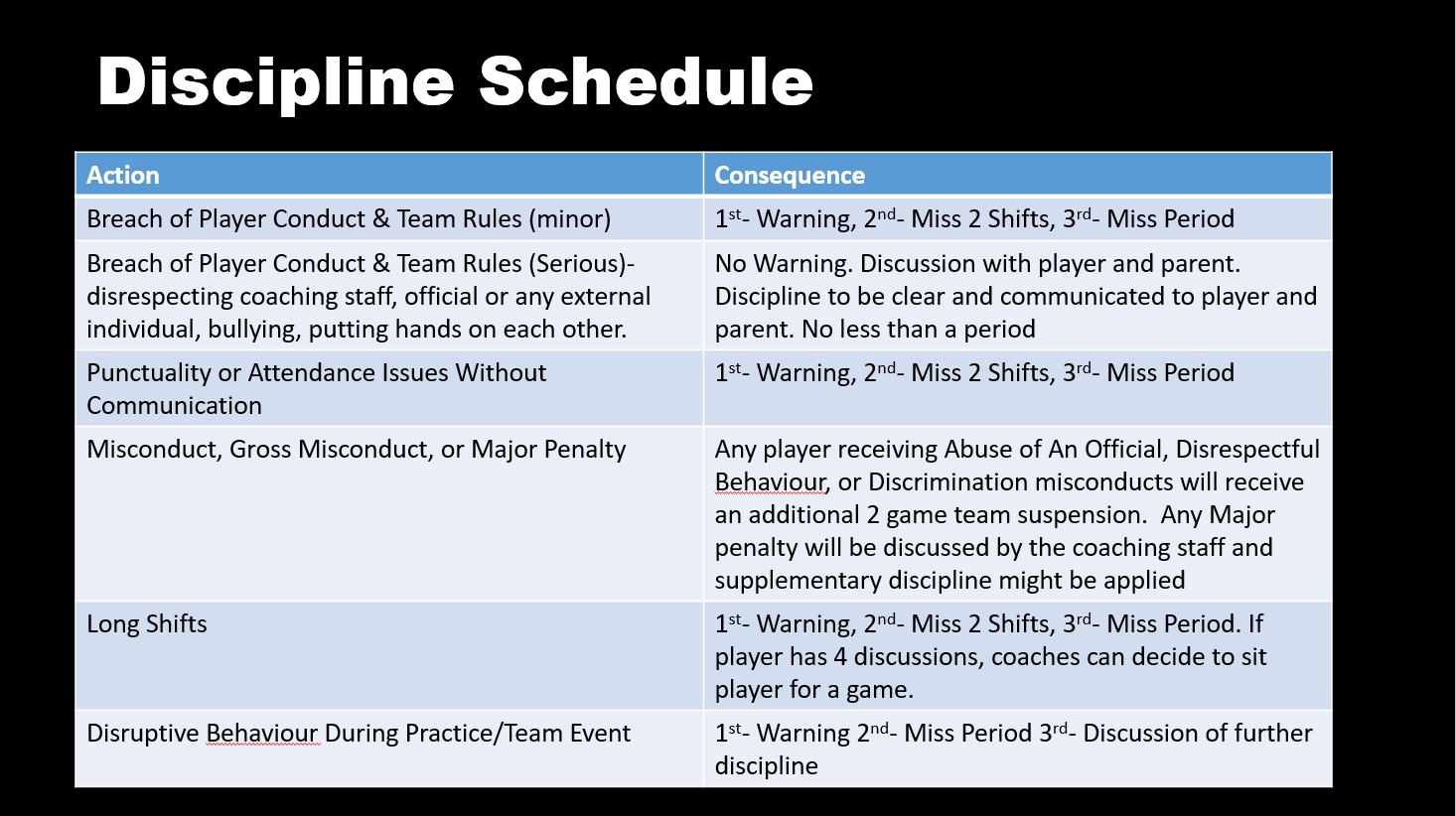
Every team has one, maybe two and in the rare & unfortunate case, perhaps a team of players who hard just simply hard to coach. They take long shifts, don't listen or maybe are a bully in the room or on the ice. There are many ways to handle this- some certainly not acceptable by todays standards *flash back to reverse suicides (when the offending player watches the rest of the team skate). The truth is that there is no quick fix, it is a process and it starts right from selection.
Picking The Team
I have heard this time and time again, "I would rather take a less talented player with a great attitude over a superstar with a bad attitude" and every time I hear it I have the same answer, "No you wouldn't". Facing facts, if we are picking a team to compete, we want the best players plain and simple because explaining to kids and parents halfway through the season that "you aren't learning unless you are losing" gets old pretty quick. Joking aside, I completely understand the exhaustion that comes with coaching difficult players, or worse, difficult parents so picking a team that gels, develops together and certainly has fun together is incredibly important. However, sometimes we carry players who have all the talent in the world, its not necessarily the playing ability that needs to be coached, its the player themselves.
In conclusion, certainly pick a team you know you can be successful with but before you cut the kid who had 200 goals last year because he takes 4 minute shifts, hear me out.
Clear Expectations
The single most important thing you can do as a coach is set the expectations in stone as early as you can. For those of you who have checked out my Post Tryout Meeting article, I lay it out right away in the first meeting what the expectations are. Outlining acceptable and not acceptable behaviour is important but whats even more important is communication what the consequence is for the not acceptable behaviour. Here is an outline of Action/Consequence that I share with PLAYERS AND PARENTS in the first meeting of the season.
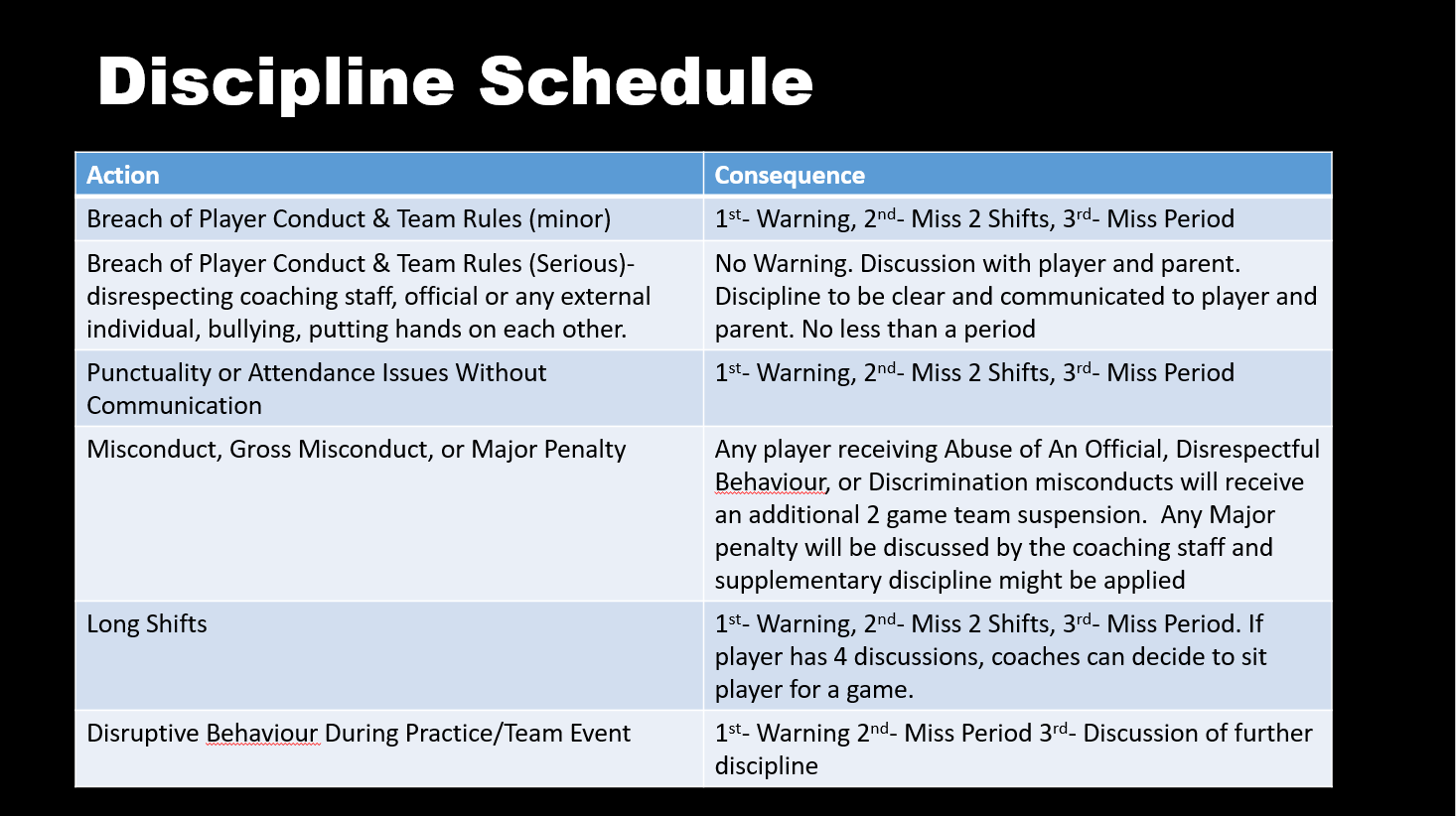
By clearly defining consequences you provide realism to a situation and you pave a path to building a positive team culture. However, the MOST important thing is follow through EVERYTIME with EVERY PLAYER. The moment you steer away from your consequences to justify behaviour, you lose all of the buy in you put in place. It doesn't matter if it is your best player in a tie game with 30 seconds left, if they take a long shift and they have been warned, they sit. In fact, you almost have to have a tighter leash with your best players because not only does it hold them accountable, it shows everyone on the team that you care more about the team then you do a player.
Disciplining Parents
As a coach, you have an obligation to the team, not to friends or specific players. I am sure many coaches reading this can give me a long list of examples of parents and their behaviours, sad but true. The fact is you do have the ability, and I would say obligation, to ensure the parents behaviour is held accountable as well. I will refrain from commenting on consequences because most associations have protocols or policies in place and I do not want to share information that contradicts that but parents are just that; parents. Do not let them coach players from the stands, do not let them hang out with the coaches outside the room, just like with the players, you need to have an outline of expectations that need to be followed.
